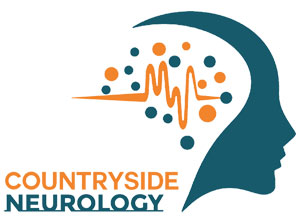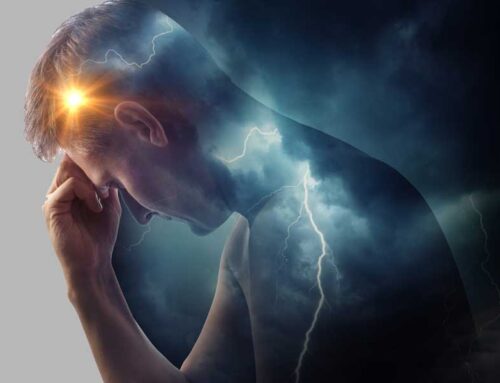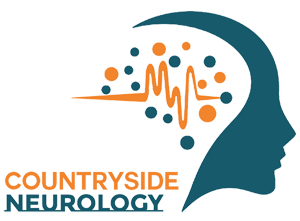Cervical dystonia, also known as spasmodic torticollis, is a neurological disorder characterized by involuntary muscle contractions in the neck, causing the head to twist or turn involuntarily. This condition can significantly impact an individual’s quality of life, affecting their ability to perform daily activities and causing discomfort and pain. At Countryside Neurology, we specialize in diagnosing and treating cervical dystonia, offering comprehensive care to our patients in the greater Tampa Bay area.
Causes of Cervical Dystonia: The exact cause of cervical dystonia remains unclear, but research suggests that it may be due to a combination of genetic and environmental factors. Certain genetic mutations and abnormalities in the brain’s neurotransmitter systems, such as dopamine and acetylcholine, may contribute to the development of this condition. Additionally, trauma, infection, or other neurological conditions can also trigger cervical dystonia in some cases.
Symptoms of Cervical Dystonia: The hallmark symptom of cervical dystonia is abnormal posturing of the head and neck muscles, leading to involuntary movements and sustained muscle contractions. Individuals with cervical dystonia may experience pain, stiffness, and discomfort in the neck, shoulders, and upper back. These symptoms can vary in severity and may worsen with stress, fatigue, or certain head movements.
Diagnosis and Treatment Options: Diagnosing cervical dystonia typically involves a thorough medical history review, physical examination, and neurological assessment. Imaging tests such as MRI or CT scans may be conducted to rule out other underlying conditions. Once diagnosed, treatment options for cervical dystonia aim to alleviate symptoms, improve function, and enhance quality of life.
At Countryside Neurology, we offer a multidisciplinary approach to managing cervical dystonia, tailored to each patient’s unique needs. Treatment may include:
- Botulinum toxin injections: Botulinum toxin injections, commonly known as Botox injections, can help relax the overactive muscles responsible for abnormal head movements in cervical dystonia. These injections are administered directly into the affected muscles to provide targeted relief and reduce muscle contractions.
- Oral medications: Certain medications, such as muscle relaxants or anticholinergic drugs, may be prescribed to help alleviate muscle spasms and involuntary movements associated with cervical dystonia.
- Physical therapy: Physical therapy techniques, including stretching exercises, massage therapy, and posture training, can help improve muscle function, reduce pain, and enhance flexibility in individuals with cervical dystonia.
- Patient education and support: Our team at Countryside Neurology provides comprehensive education and support to patients and their families, empowering them to better understand cervical dystonia and effectively manage their symptoms. We offer resources, support groups, and counseling services to help individuals cope with the challenges of living with this condition.
If you or a loved one is experiencing symptoms of cervical dystonia, it’s essential to seek evaluation and treatment from a qualified neurologist. At Countryside Neurology, our experienced team specializes in diagnosing and managing neurological disorders, including cervical dystonia. Contact us today at 727-712-1567 to schedule a consultation and take the first step towards finding relief and improving your quality of life.




